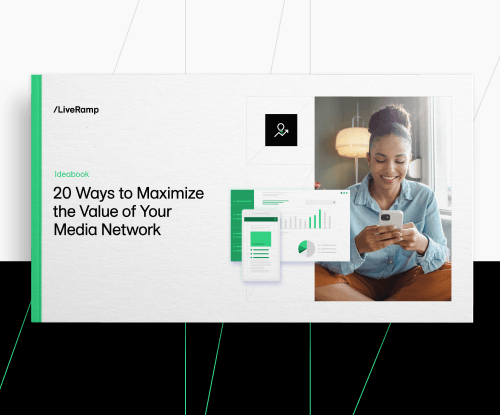The best marketers don’t just settle for their own view of the world, they aim for a view of the world as it really is.
That’s why third-party data is so important for B2B marketing.
But like any new tool or tactic, if you want to get real value from third-party data, you need to ask the right questions about your marketing objectives and know what your ideal customer looks like before you get started.
So whether it’s your first time using third-party data or you’ve been using it for a while, here are three questions every B2B marketer should answer when getting started.
1. What am I trying to achieve with third-party data?
Buying third-party data without a plan of action isn’t going to help you reach your marketing objectives. If you don’t know the goals you need to achieve, you’re jumping into the fray too early.
Say you’re a cloud services provider. If you don’t have a clear idea of the job titles you want to target or the types of companies that want to use your services before you purchase your third-party data, there’s a good chance you’re going to buy the wrong data.
It’s important to set a benchmark for your marketing reach and define what a successful campaign looks like before using third-party data. That way, you can measure the exact impact of augmented data on your marketing efforts.
2. How do I measure the quality of this dataset?
A good dataset will increase your reach to the audience you are trying to target. But often, the data you receive is a black box – you don’t know where it came from or how useful it will be.
Asking “how old is this dataset?” will get you a long way. The minute a key decision-maker changes jobs or there’s turnover within a key account, a dataset can lose its accuracy and therefore its value.
Another question like “how do you collect your data?” will give you insight into the quality of the dataset. Don’t be afraid to take this line of inquiry a step further and request specific custom audiences from your third-party data seller. Any worthwhile data vendor should have this capability, as well as datasets that are ethically sourced.
3. Can I leverage this dataset for insights other than my primary goal?
Audience targeting is usually the first thing that marketers think about when it comes to third-party data. But there are a number of ways to use third-party data to boost your marketing.
You can use it to uncover insights into strategic product and messaging decisions. Or you can gain deeper insight into sales processes and where to refine them.
